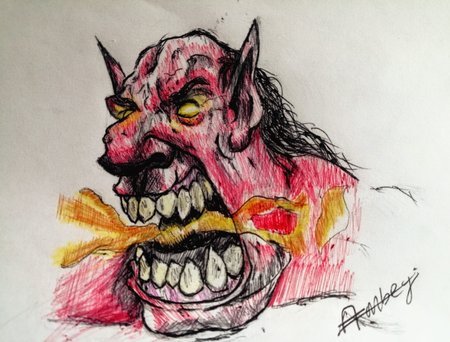Greetings friends!

Money is not God, but in this world, it is not less important than God. No matter how kind-hearted or helpful you are, when trouble strikes, it’s often money that can help you to survive. In countries like India, where government services for taxpayers are deficient, money becomes even more crucial. In Western countries, citizens enjoy certain amenities such as free healthcare, education, better roads, and public transportation. But in many developing countries, governments seem more focused on collecting taxes than on providing basic necessities to their citizens.
In the early days of human existence, when people lived as wild animals, there was no need to accumulate wealth. As tribes grew larger, so did the need to store food, hides, and other resources for tough times. Initially, the barter system allowed people to trade goods with one another. But with the advent of money as a medium of exchange, everything changed.
Before the Industrial Revolution, the need for money wasn’t as pressing for most people. Only traders and the wealthy truly depended on it, as rural economies were largely based on barter system and cooperation. The Industrial Revolution, however, shattered this way of life. Agricultural workers were forced into cities to work in factories under harsh and inhumane conditions. In countries like India, the rural economy was once self-sufficient and self-reliant, with communities depending on outside sources for only a few essentials like salt. Villages could produce their own food, clothing, and tools within their borders. But the arrival of British rule everything changed drastically.
Exorbitant taxes were imposed on farmers. Under Hindu and Muslim rule, no farmer was ever stripped of his land, no matter how much tax he owed. But under the East India Company and later British rule, farmers who couldn’t pay these excessive taxes were forced off their land. Many were unable to pay because of droughts or man-made calamities that destroyed their crops, leaving them with no choice but to become defaulters. Artisans and traders who depended on the rural economy also found themselves impoverished, driven to work in factories under dire conditions. Could this not have happened in England and other European countries where the Industrial Revolution first took hold? Doesn’t it seem that stories of inhuman treatment of peasants under kings have been coined to justify the atrocities which laborers had to bear in industrial cities? So, the whole history becomes a big lie?
Today, money is indispensable. We have no choice but to earn it in order to survive and raise our families. If you fall ill and need hospitalization, only money can help you. You can’t travel, eat, clothe yourself, or find shelter without it. Even education comes with a price tag. This reality has turned everyone into slaves to the system. Even the wealthy people are not spared. No matter how much money they have, they are trapped in a cycle of constantly needing to earn more. Our civilization, in its relentless pursuit of wealth, seems to be heading toward a bleak future. We have become slaves of our own creation.
What do you think?
